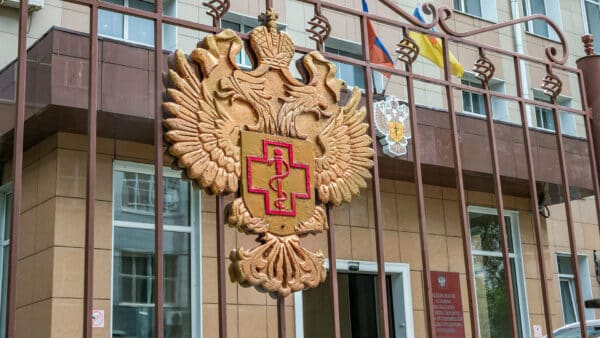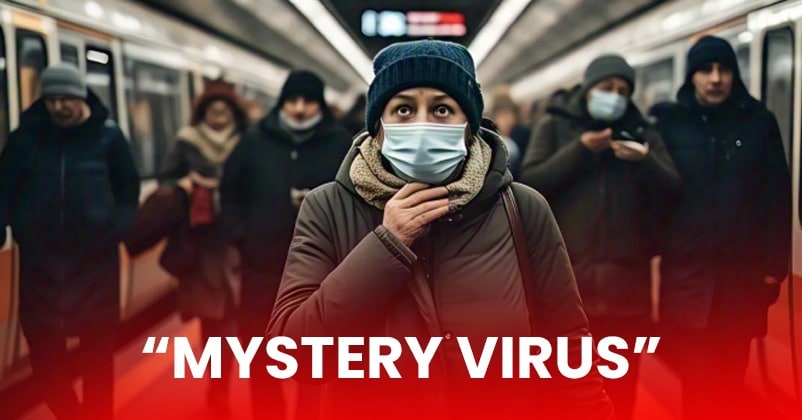Russian authorities have refuted allegations regarding the emergence of an unidentified or mystery virus that purportedly causes severe respiratory distress, including persistent high fever and coughing up blood. Officials have maintained that no novel pathogens have been detected, despite reports suggesting a surge in cases with unusual respiratory symptoms across the country.

The Russian public health agency, Rospotrebnadzor, stated unequivocally that there is no indication of a new or unknown virus circulating within Russia. These clarifications followed claims made on March 29 by SHOT, a Russian breaking news Telegram channel, which reported that patients in several cities were experiencing prolonged high fever, body aches and persistent cough. The reports also noted that these patients had tested negative for influenza A, B and SARS-CoV-2, leading to speculation about a possible new infection.
Medical professionals have classified such cases under the broad category of “acute upper respiratory tract infection of unspecified origin”. However, Rospotrebnadzor has assured that the overall epidemiological landscape in Russia remains stable and under control. Officials emphasised that infections related to SARS, influenza, COVID-19 and pneumonia are on the decline, reinforcing the assertion that the health situation in Moscow and other regions is not alarming.

Ongoing surveillance and genomic monitoring efforts have so far not revealed any novel virus or significant mutations. Gennady Onishchenko, a member of the Russian Academy of Sciences, also downplayed concerns, urging the public not to give in to panic. He emphasised that before drawing conclusions, it is essential to examine data from at least one comprehensive study and verify the locations where such cases were reported.
As the speculation continues, Russian health authorities remain firm in their stance, dismissing any claims of an emerging health crisis and reaffirming their confidence in the country’s ability to manage respiratory infections effectively.





